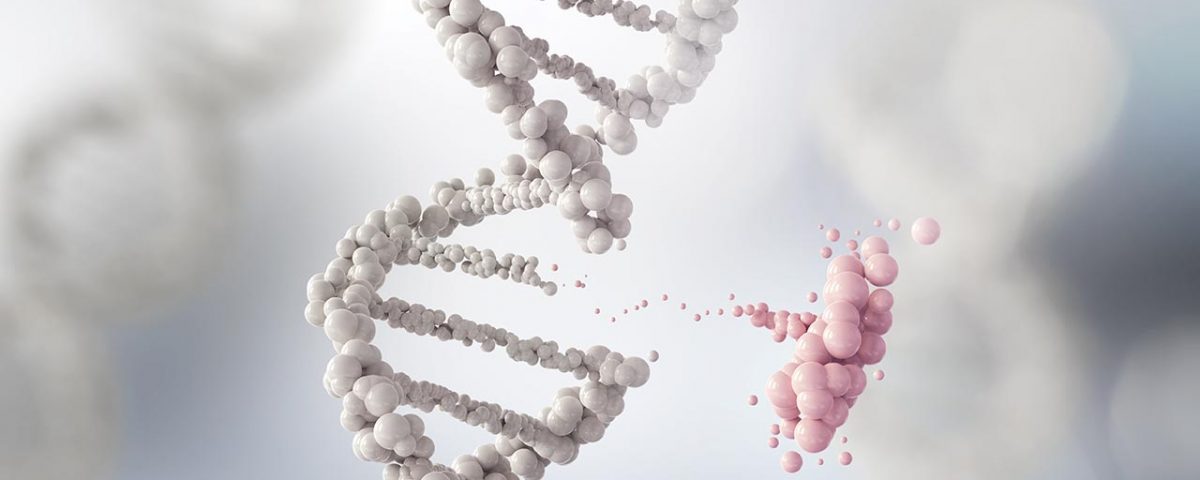The Link Between Genetics & Addiction
Addiction is a complicated disease. Not only does it involve a chemical dependence on drugs or alcohol, but this dependence is usually intertwined with psychological issues.
Together, these factors can lead to a variety of other problems that impact several areas of a person’s life. Because of its destructive nature, many people wonder about what causes addiction in the first place.
Is Addiction Genetic?
While not exclusively caused by a person’s addiction, genetics do play a large role in whether or not someone will develop a substance use disorder. Research suggests that overall the genetic influence on addiction may account for almost half of a person’s risk in developing a substance use disorder.1The likelihood of inheriting an addiction may also vary depending on the specific type of addiction disorder. One study found that an addiction to cocaine is more likely to be inherited than an addiction to hallucinogenics.2 Because of this strong connection between genetics and addiction, someone with a parent or close relative who has undergone residential treatment is more likely to develop a substance use disorder than someone without any relatives with a history of addiction.
Epigenetics & Addiction
Drug addiction and genetics may also be connected because of environmental factors. Environmental influence can actually impact a person’s genes. The term epigenetics refers to changes in gene expression without changing the structure of the DNA itself. These changes may turn genes on or off and also impact protein production. A common example of epigenetics at play is the addition of a small group of molecules known as a methyl group to the DNA that consequently turns the particular gene off.3 These epigenetic changes may also be inherited into the next generation.In terms of addiction, epigenetics may also play a role. Exposure and use of certain drugs may lead to epigenetic changes that can make someone more prone to addiction. For example, cocaine use may change protein production in a way that make the person more likely to seek out more cocaine.1 Over time, these epigenetic changes can reinforce addiction.
Other Causes of Addiction
While genetics and addiction have a strong relationship, having a parent who is an addict doesn’t automatically mean that you will end up in a drug rehab center. Likewise, just because addiction does not run in your family doesn’t mean that you are safe from this disease either. There are several factors at play when it comes to the onset of substance use disorders.Outside of a genetic predisposition to addiction, some other contributing factors to the development of a substance use disorder may include:
- A mental health disorder
- Environment & lifestyle
- Childhood experiences
- Exposure to trauma or adversity
- Easy access to drugs and alcohol
- Injury, chronic pain, or other serious health problems
- High-stress life
- Career path
- Grief
A substance abuse disorder may develop for any number of reasons, including some not mentioned above. Regardless of the causes of an addiction, it is important to get help as soon as the issue becomes apparent. Our Boca detox center helps people examine the root causes of their specific addiction to get a better understanding of their substance abuse problems as well as how to overcome them.




















